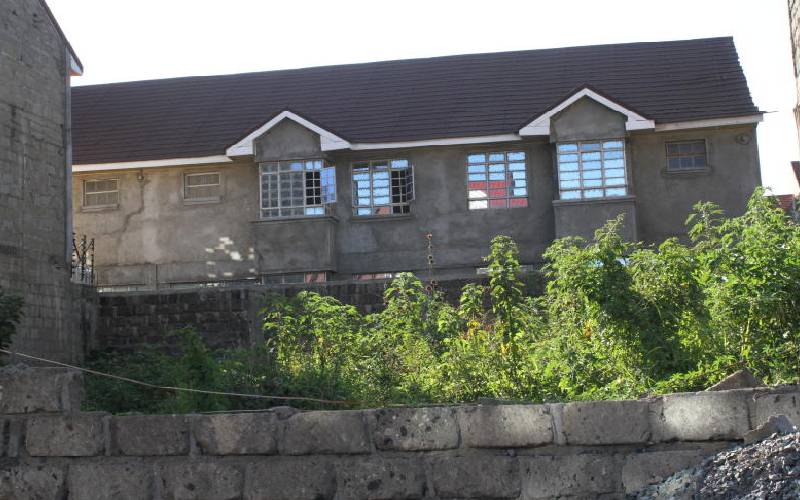×
The Standard e-Paper
Kenya’s Boldest Voice

Three brothers decided to sell a large chunk of land along Kangundo Road in the 1960s. Little did they know it would mark the beginning of a protracted dispute lasting over 50 years.